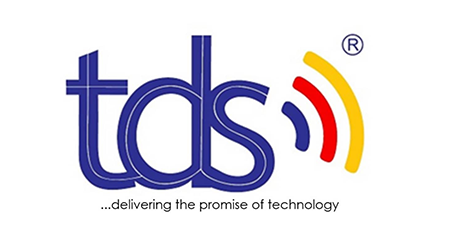
In today’s digital-driven world, reliable connectivity is the backbone of any successful business. A seamless and fast connection ensures efficient operations, improved productivity, and excellent customer experiences. Choosing the right connectivity solution is crucial for keeping your business ahead in a competitive market.
Why Your Business Needs the Right Connectivity Solution
The right connectivity solution ensures seamless communication, secure data transfer, and uninterrupted access to digital tools and applications. Whether you run a small business or a large enterprise, your connectivity choice impacts efficiency, customer experience, and overall business growth.
To help you make the best decision, here are the key factors to consider when choosing a business connectivity provider:
1. Assess Your Business Connectivity Needs
Before selecting a connectivity provider, evaluate your specific requirements:
Bandwidth Demand – Consider how much data your business processes daily. Video conferencing, cloud applications, and file transfers require higher bandwidth.
Number of Users – The more employees and devices connected, the higher the bandwidth requirements. Ensure your connectivity plan can handle simultaneous users without slowdowns.
Critical Applications – Identify essential tools that rely on internet access, such as VoIP calls, cloud storage, and online collaboration platforms.
2. Understand Different Connectivity Options
Businesses today have several options for staying connected. Here’s an overview of the most effective solutions:
Fiber Optic – The fastest and most reliable option, perfect for businesses requiring high-speed connectivity with minimal downtime.
Wireless Connectivity – A flexible solution for businesses needing scalable and remote access without physical infrastructure limitations.
Broadband/DSL – Uses existing telephone lines, making it widely available but sometimes slower than fiber or dedicated wireless connections.
Satellite Internet – Suitable for businesses in remote locations, though it may have higher latency.
Choosing the right connectivity type depends on your business size, data needs, and location.
3. Prioritize Reliability and Uptime
Downtime can result in significant financial and operational losses for businesses. Ensure your provider offers:
99.9% uptime or higher
Service Level Agreements (SLAs) that guarantee compensation for extended outages
Redundant backup connections for uninterrupted business operations
4. Choose a Scalable Connectivity Solution
As your business grows, your connectivity needs will evolve. Choose a provider that offers scalable solutions so you can upgrade bandwidth or expand coverage without disruptions.
Flexible plans that allow easy upgrades
Multi-site connectivity for expanding businesses
Custom solutions tailored to different industries
5. Ensure Strong Security Measures
Cybersecurity threats are increasing, making it essential for businesses to invest in secure connectivity solutions. Ensure your provider offers:
Firewalls – To block unauthorized access
DDoS Protection – To safeguard against cyber-attacks
Encrypted Connections – To protect sensitive business data
Taking a proactive approach to security ensures your business operations remain safe and uninterrupted.
6. Evaluate Customer Support and Service Quality
When connectivity issues arise, quick and reliable support is essential. Look for providers that offer:
24/7 customer support via phone, email, and live chat
Fast response times for troubleshooting and issue resolution
On-site technical assistance when needed
7. Compare Costs and Value for Money
While cost shouldn’t be the sole deciding factor, it’s important to understand the pricing structure:
Installation Fees – Some providers charge for setup
Monthly Charges – Compare plans to find the best balance between speed and cost
Hidden Fees – Look for potential additional charges like equipment rentals or contract termination fees
Choosing the right connectivity provider is about value, not just price. Opt for a solution that delivers reliability, speed, and security at a competitive cost.
8. Verify Service Availability in Your Location
Not all connectivity providers service every area. Before making a decision, check that your preferred provider offers strong coverage and reliable speeds in your business location.
Conclusion
Selecting the right connectivity solution is a strategic decision that directly impacts business efficiency, productivity, and security. By evaluating your needs and exploring available options, you can find a solution that keeps your business running smoothly, securely, and efficiently.
Need a reliable business connectivity provider? TDS Technologies delivers tailor-made connectivity solutions designed to power businesses of all sizes.
Email us: info@tdstechng.com
Call us today: +234 8150375726
Visit our website: www.tdstechng.com
Let us help you achieve seamless connectivity and uninterrupted business growth!



